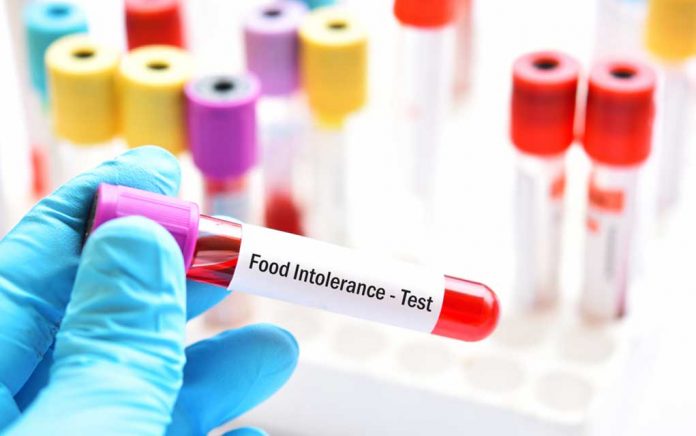
(AscendHealthy.com) – Food sensitivity is a growing problem, now affecting about 20% of the population. With our varied diets, it may be hard to pinpoint the exact source when something doesn’t agree, and not everyone has the patience or the resources to find the culprit via a food diary or systematic elimination.
Testing has been available for numerous food allergies for years, but it requires a trip to the doctor’s office and isn’t particularly reliable in detecting sensitivities. More recently, at-home food sensitivity tests have become available, but they might not be the right choice for most people, either. We have the full story.
Get the Facts on At-Home Food Sensitivity Tests.
Food Sensitivity vs. Food Allergy
Food sensitivities might feel like they stem from the same place as food allergies, but they’re not at all the same. Cleveland Clinic reminds us that an allergy occurs when the body wages an immune response against specific proteins it’s targeted as dangerous. In the case of a true food allergy, the sufferer often has to avoid foods that contain even traces of the allergen; if they don’t, the response can cause numerous unpleasant symptoms, including life-threatening airway obstructions.
Some symptoms of a sensitivity or intolerance, such as stomach pain, nausea, vomiting, and diarrhea, can overlap with those of actual allergies. Sufferers may experience headaches, joint pain, and even mood changes. And where most true allergies are to milk, eggs, fish, shellfish, tree nuts, peanuts, wheat, and soybeans, many food sensitivities seem to stem from digestive difficulties with lactose, wheat gluten, foods high in histamines, and fermentable carbohydrates called “FODMAPs.”
Where At-Home Tests Go Wrong
The major issue with at-home allergy tests, according to Wexner Medical Center, is that they test for an immune response. For people who belong to the 1% of the population with true food allergies, immune response tests can work well. Food sensitivities don’t set off the release of antibodies, however, so testing for them won’t show any problems. Currently, there are no reliable blood tests for food sensitivities.
Finding the Culprits
Keeping a food diary is probably the most effective means of detecting specific food sensitivities. The process may be tedious, but many people find it worth the effort. List every food and drink you consume throughout the day, also writing down any physical issues that may occur during or after consumption.
If food sensitivities are indeed responsible, a pattern should quickly emerge. A family physician or nutritionist can offer direction from there, but the first step toward relief is to reduce or eliminate the offending foods.
Digestive problems and other food intolerance reactions can be miserable, and it’s important to find the cause. At-home food sensitivity tests might not be able to detect non-allergy issues, but there are still solutions. Get started on a food diary or make an appointment with your doctor for help getting started.
~Here’s to Your Healthy Ascension
Copyright 2023, AscendHealthy.com




















